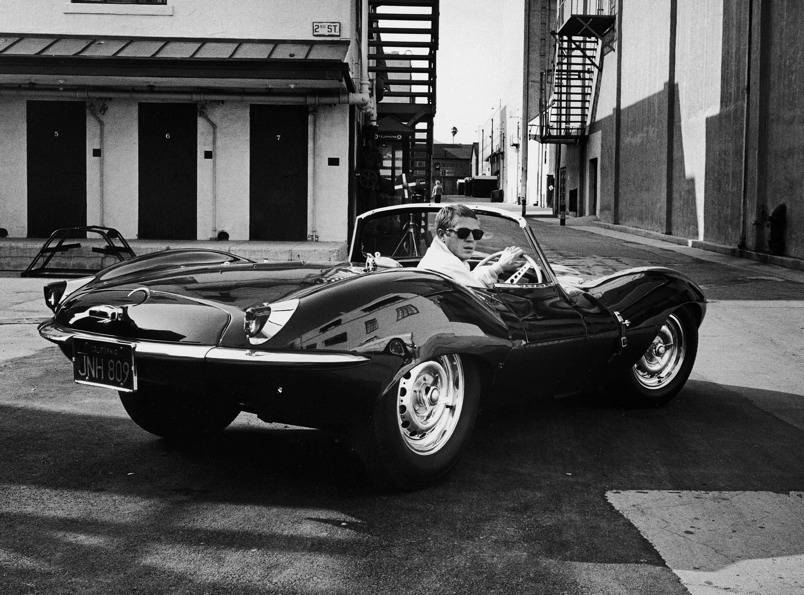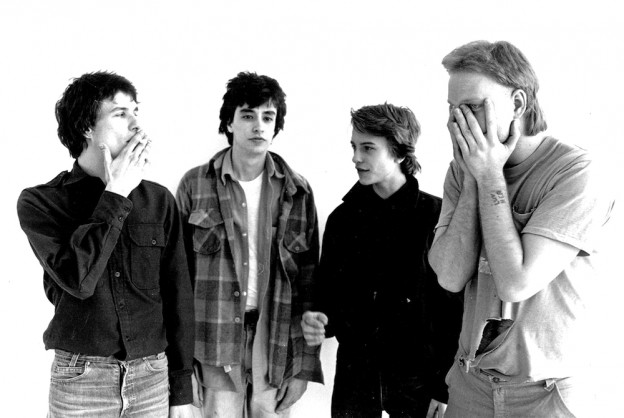I was surprised and delighted to find out the other day that 80s Indie stalwarts and coulda been contenders The Replacements had just played a sold out show out in Forest Hills, Queens apparently having lost none of their edge. It’s always somehow reassuring to see that the heroes of one’s youth are still kicking ass even if three members from their heyday have died, become too ill to perform or gone missing. But as long as the formidable Paul Westerberg still roams the earth I hope these guys will keep performing their hits with their characteristic ragged gusto and swagger.
And what hits they were. With a combination of pop sensibilities and punk ethos, The Replacements blew out of Minneapolis in the mid-80s like a bracing, whiskey-soaked wind of Rock on the rocks. Along with the harder-edged but excellent Hüsker Dü (who they aped unsuccessfully early on) and the almighty Prince, it seemed like 1985 was the year that put the Twin Cities on the map musically… if only for that fleeting moment that finds a city du jour that is not New York or LA ever so briefly anointed as the New Happening Place for Music™. It wasn’t to last, of course, and neither were The Replacements. But they made a hell of a heavenly racket while they did.
Starting out as drunk punk wannabes, Westerberg was joined by brothers Bob Stinson on guitar and Tommy Stinson on bass with drummer Chris Mars pounding the skins, and the group rapidly developed a winning brand of punk-infused pop that wasn’t afraid to take on the more sentimental side of adolescent angst. With their second full album Hootenany, The Replacements began to sweeten their sonic assault with rogue love songs like “Within Your Reach”, which was buried like an Easter egg amidst the thrash. This sweet-and-sour brilliance really blossomed on their next album, 1984’s Let It Be, widely considered their masterpiece. Not only did the Replacements have the balls to name their album after The Beatles’ last effort and satirically have the cover picture show them on a rooftop (albeit a porch roof and looking typically hungover), but the music was a near-perfect collection of the joys and confusion of youth run riot. Kicking off with a jaunty proclamation of faux fearlessness, “I Will Dare” implored someone, anyone to “meet me anyplace or anywhere or anytime”. “Androgynous” was an updated take on the Kinks’ “Out of the Wardrobe” but sung after closing time accompanied by a barely tuned piano and projecting genuine empathy with just the proper soupçon of “what’s the big deal?” Then there is the unexpectedly gorgeous “Sixteen Blue” and the throat-shredding “Unsatisfied”, an anthem for a generation if ever there was one (“Look me in the eye and tell me if I’m satisfied/Is you satisfied?”)
And speaking of balls, there’s even a cover of Kiss’ “Black Diamond” that manages to be as tough as the original, only better, and probably started the trend of smart-alecky punks covering 70s metal tunes.
This new found musical excellence continued the next year on Tim, helping to contribute to 1985’s epic stature in alt rock history. When I was at school I was lucky enough to hear songs like “Kiss Me On the Bus”, “Swingin’ Party” and “Left of the Dial” via the then-great WBCN in Boston, a bastion of Indie Radio cranking out REM, Echo & the Bunnymen and the Cure alongside local favorites like J. Geils and the Cars. And if there is a senior year song for me it’s probably “Bastards of Young”, a perfect companion to the earlier “Unsatisfied”, with its more punk than punk not to mention commercially suicidal and incredibly un-cinematic “Fuck you, MTV!” video.
The last great Replacements album was Pleased to Meet Me from 1987, even though Bob Stinson had been kicked out after the tour for Tim for substance abuse (a rather baffling occurrence for a band that was notoriously drunk and disorderly for most of their live shows during this period). Helmed by former Big Star producer Jim Dickinson and recorded in Memphis, Pleased to Meet Me succeeded artistically & sonically with such Westerbergian love songs as “Valentine” (“If you were a pill/I’d take a handful at my will/And I’d knock you back with something sweet and strong”), the wonderfully sincere and seriously rocking tip of the cap to Big Star’s Indie godfather, “Alex Chilton”, which rather fantastically imagines “children by the millions” (not mere thousands, mind you) waiting for Alex Chilton to come around; and the bittersweet document of band life, “Can’t Hardly Wait”, where Westerberg sardonically complains that “Jesus rides beside me/He never buys any smokes”. Rarely has there been a rock lyricist who is so relentlessly ironic and self-deprecating yet who still packs the emotional wallop of the true believer.
But while The Replacements would go on to release two more decent albums, Don’t Tell a Soul and All Shook Down, the band was never as good as that incredible triptych of music. Having given the finger to MTV initially at the height of their popularity it somehow seemed too late for these prematurely grizzled vets to kiss and make up with the new king-making format. And in fact Westerberg & Co. had taught their lessons in anarchy too well and a whole new generation was about to push them off the stage. Only a year after Never Tell a Soul was released, Nirvana’s “Smells Like Teen Spirit” ignited a new kind of punk revolution, one that took the passion and recklessness of the Replacements to new heights even while sacrificing the unique ability to laugh at the absurdity of the whole damn thing.
For a time in the mid-80s The Replacements looked like the future of everything that was cool and awesome and fresh in Rock. If you listen to them again now, they may no longer look like the future but they still sound fresh and awesome and always will. It’s good to know that somewhere out on that endless road, what’s left of the band plays on with spirit and ragtag panache. And as a bonus, they win the prize for most Replacements-like — and poignant — title for a greatest hits compilation: Don’t You Know Who I Think I Was?





